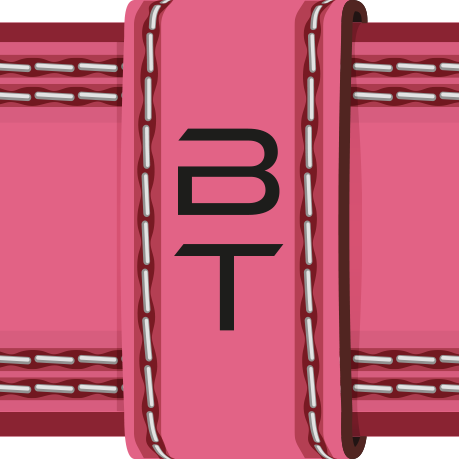Incoterms 2020
Have you signed a lucrative deal with an international supplier? Then you don't want any confusion about who arranges and pays for the transport. Therefore, use Incoterms 2020 from the International Chamber of Commerce (ICC).
What are incoterms?
Incoterms is an abbreviation for International Commercial Terms. These standard international agreements govern all costs and risk associated with the transportation of goods. They also define the rights and obligations of the parties involved, and provide insight into who is responsible for what. Incoterms describe the duties of both exporters and importers in the handling of shipments and the transfer of liability during various stages of the transaction.
What do you arrange with Incoterms?
It is very important to draw up the terms of delivery in an understandable language, preferably in your customer's native language, to avoid possible problems with validity. This provides clarity and prevents misunderstandings in international trade agreements.
Also ensure that your business partner receives these terms and conditions and reads them thoroughly before concluding the agreement. It is critical that both parties are fully aware of the obligations and responsibilities arising from these terms.
In addition, it is recommended to work with the most recent version of Incoterms, namely Incoterms 2020. Incoterms act as an international standard for trade agreements and specify the responsibilities regarding transport, costs and risks in international transactions. Using the latest version helps modernize and streamline your business practices while minimizing the potential for disputes.
What do you arrange with Incoterms?
The 2020 Incoterms will apply from 2020. With an Incoterm you answer the following questions:
- Who takes care of transport insurance, permits, authorizations, documents and other formalities? Who takes care of the transport and to where? When do the risks and costs of delivery transfer from the seller to the buyer? When do the risks transfer from the seller to the buyer? Who takes care of the delivery of the goods?
Please note: Incoterms do not regulate the payment terms, guarantees and handling in the event of non-performance and are not part of the general terms and conditions. You also do not arrange the transfer of ownership of the goods here.
What types of incoterms are there?
Incoterms, short for International Commercial Terms, are internationally recognized agreements that regulate the responsibilities and costs between buyers and sellers in international trade transactions. Here are the different types of Incoterms with brief explanations:
- EXW (Ex Works): The seller delivers the goods to the buyer's disposal at their location and bears no further responsibility for transportation.FCA (Free Carrier): The seller delivers the goods to the carrier designated by the buyer at a specified location, and the seller is responsible for export customs.CPT (Carriage Paid To): The seller bears the responsibility and costs of transporting the goods to the specified destination, but not the arrival costs.CIP (Carriage and Insurance Paid To): Similar to CPT , but the seller must also arrange insurance for the transport.DPU (Delivered at Place Unloaded): The seller delivers the goods to the specified location, including unloading, but bears no responsibility for customs clearance.DAP (Delivered at Place): The seller delivers the goods to the specified location, but bears no responsibility for customs clearance or import customs.DDP (Delivered Duty Paid): Seller is responsible for delivering the goods to the specified location, including paying all fees and customs duties.
Over water:
- FAS (Free Alongside Ship): The seller delivers the goods next to the ship at the port of departure, and the buyer assumes responsibility from that point on.FOB (Free On Board): The seller delivers the goods on board the ship in the port of departure, and the buyer takes responsibility from there.CFR (Cost and Freight): The seller bears the costs and responsibility for transportation to the port of destination, but the buyer must bear the arrival costs.CIF (Cost, Insurance and Freight ): Similar to CFR, but the seller must also arrange insurance for the transport.
It is important to record the correct Incoterm in your contract or general terms and conditions, together with the version of the agreed Incoterm, for example 'Ex Works Rotterdam Incoterms 2020'. This provides clarity and prevents possible disputes about responsibilities and costs in international trade transactions.
Need help determining your Incoterm?
Contact our specialists at Belt Transport





